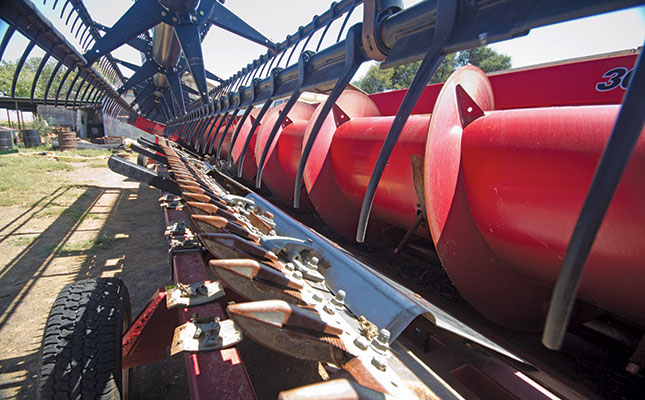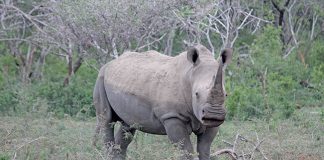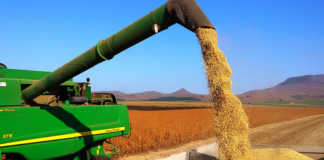The Western Cape agriculture department commissioned a research document entitled ‘Agrifutura 2012’ to identify the opportunities and challenges that exists for farmers in South Africa in general and those in the Western Cape in particular.
The document was launched at the Western Cape Agri Summit in Stellenbosch recently and the research places emphasis on the role that sub-Saharan Africa will play in the development of agriculture in the Western Cape and vice versa over the next two decades.
This was according to Prof Nick Vink of Stellenbosch University who spoke at the launch of Agrifutura 2012. He said that because the Western Cape was the furthest from rapidly growing markets in Africa compared to other provinces in South Africa, the province should concentrate on high value products when entering African markets. Vink said the document also discussed the sustainability of South Africa’s increasingly active role as a “representative of Africa” in forums such as Brics and the G20.
The document also takes into account how changing demographics in South Africa will influence food demand in the next two decades. “In the Western Cape and Gauteng, about 90% of the population is urbanised, while only 9% of people in Limpopo live in urban areas,” he said. Vink said that, although largely self-sufficient in food production, millions of South Africans, primarily in rural areas, were vulnerable to food shortages.
“More than a fifth of South African households had inadequate or severely inadequate access to food in 2011, with access problems the most serious in North West,” he said. “The demand for food is changing because of a range of demographic variables such as increasing urbanisation, a new, larger middle class and increased competition in food retail markets,” he said.
The document showed that the main challenges for South Africa and the Western Cape’s agricultural sector were: coping with the challenges of globalisation, adapting a rapid technology change, incorporating electronic communication in all aspects of business, finding, nurturing and retaining appropriately qualified personnel, security, land reform and coping with a volatile exchange rate and potentially volatile world economy.












